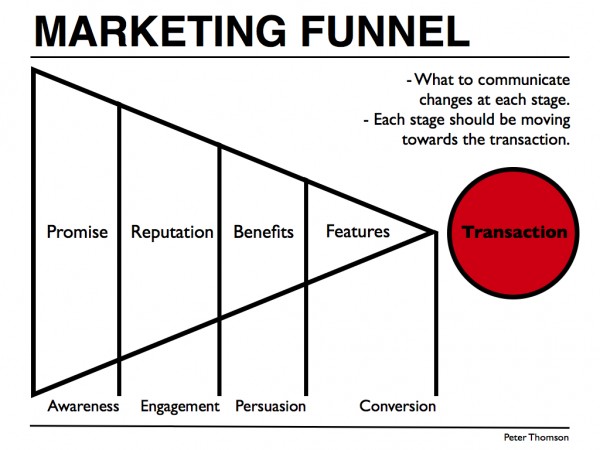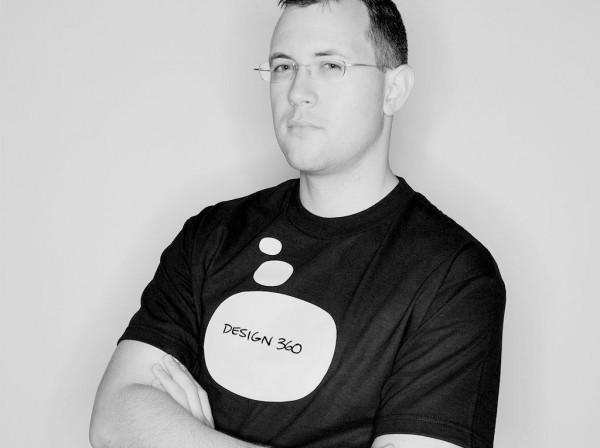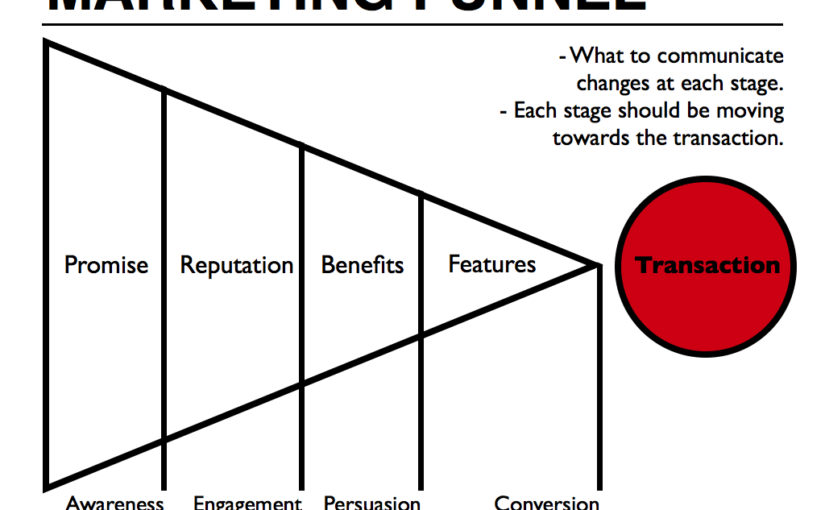Lots of business people secretly hate marketing. And technical people tend to see marketing as a necessary evil. Developers and engineers are particularly cynical about marketing and design. Personally, I come from a family of engineers who still aren’t quite sure what it is that I do for a living.

My background in venture capital and management consulting has made me cynical about marketing, but I’ve also learned the hard way just how important marketing can be. Without someone to buy your product, you don’t have a business.
I’m a marketing cynic
Digital marketing is often seen as even more fluffy and vague than normal marketing. I can sympathise with this viewpoint, but I know better than almost anyone else, just how wrong this view is. My journey from venture capital lawyer to social media strategist makes me uniquely qualified to say that; “Marketing is one of the most underestimated professions in the world.”
I started out my career as a corporate lawyer (with an eye on management consulting). Being a lawyer trains you to be cynical about anything that can be “proved” and argued based on facts. When I came to chose a major for my Business Degree (in New Zealand Law is almost always taken alongside another degree), I majored in economics because accounting was too mathematical and marketing was too fluffy. My friends studying marketing didn’t do much to change that viewpoint. Marketing students seemed to just sit around and draw pretty pictures on whiteboards. – It looked fun, but not related to the real work of doing business.
I was too arrogant to see how important marketing is
Seeing marketing as a fluffy and lightweight is pretty much the default view held in the rugged and cynical New Zealand business culture. Every country has their own version of this hidden doubt in marketers and “snake oil” salesmen. Somehow, everyone seems to find a reason to secretly hate marketing. – I think its the fear of being sold something we don’t want.

My early doubts about marketing people weren’t helped much by the quality of the advertising that I saw in the media. The more I learned about business strategy and market positioning, the more gaps I could see that advertisers were missing. Once you understand good business, you start to notice bad marketing.
The pop-psychology that riddles so many marketing books didn’t help either. It’s true that good marketing is applied psychology but technical people and engineers are cynical enough without adding psyco-babble jargon to the rhetoric around marketing.
What make some companies more successful than others?
The turning point came for me as I started to meet more and more technology clients. They often had wonderful inventions and ideas but they couldn’t get the marketplace to listen to them. It became increasingly obvious that without demand, having supply was irrelevant.
My appreciation of marketing picked up speed when I transitioned into management consulting. At Better by Design I was tasked with helping clients embrace “design thinking“. I met more great engineers and inventors but almost all of them had problems with branding and taking their products to market.
I took a risk and moved into a brand strategy role with a design firm. I’ve now spent over a decade working in a career that I’ve variously called branding, design thinking, social media strategy and public relations …anything but marketing.
My confession
Until now, I’ve avoided calling what I do marketing. Of course, all communications activities are some form of marketing. But I didn’t want to admit that I’m a marketer. It’s been a dangerous snobbery because marketing professionals are generally my clients and therefore pay my salary.
These days, I’m described by my peers as the marketing guy to call if you hate marketing. As such, I’ve been working with hyper-conservative clients like construction companies, computer chip designers, aircraft manufacturers, private prisons, research scientists and telecommunications infrastructure companies. The more cynical someone is about marketing, the better we get along.
Marketing is just building a reputation
These days I run a lot of strategy workshops for people who hate marketing. I’ve been sent to research science stations, construction companies, software development companies and even orchards.

One of my favourite workshops was with a bunch of orchardists in Central Otago (in the middle of a mountain range in New Zealand). These guys were wearing polar-fleece, farming boots and many had come straight in from working in the orchard. Interestingly, they were sharp, intelligent and enquiring minds. A tough crowd. If they sniffed any marketing bullshit then I was going to get my ass kicked faster than you can say “uniquely-differentiated-emotional-selling-proposition”. I managed to run an entire branding workshop without once using the word brand, we simply talked about building their “reputation“. The group have gone on to build a wonderful collaborative export brand together.
Marketing is everything
Looking back, the beginning of my appreciation of marketing was working with startups in a startup incubator and realising that they could have the best product in the world but if you didn’t tell anyone about it, then their customers couldn’t buy it.
Peter Drucker said that the only purpose of business is to create a customer. By this he meant that a transaction requires a willing seller, a product and a willing buyer. Of these, the willing buyer is the make or break for most companies. It’s a great definition because it covers the duality at the core of every business. You can’t have a customer without a product to sell them, and your also can’t have a customer without them knowing who you are and choosing to do business with you.
Technology companies often call marketing “customer acquisition”. This is a great turn of phrase because it frames the customer as an asset. The terminology used in Lean Startup and modern startups has a nice practical ring to it: “demand generation”, “lead generation”, “customer development” and minimum viable product are all marketing concepts rebranded for the engineering mind. – I’m a fan of this movement and hope to do the same for the world of B2B Social Media.
Marketing for engineers
There are four practical levels on which marketing contributes to the growth of a business. These levels are communication, conversation, relationships and community. Each level can be influenced my marketing activities to build the company’s reputation:
- Marketing gives a company ears to listen and a voice to communicate. Without marketing, social media, public relations and advertising then every company is just a ‘samey’ grey melange of commodities. Marketing gives us the colour to tell stories and communicate meaning.
- The best communication is always a conversation. What’s powerful about a two way dialogue is that it changes the speaker (because you have to form your thoughts to say them) and it changes the listener (because they get to grapple with a new idea). Then you dance in the conversation together and it changes both of you.
- A conversation is part of a relationship. If you take the time to have a conversation, then you are building up a relationship.
- In turn, relationships bond together a community. The communities of interest around a brand include customers, employees, potential employees, partners and allies.
Even my old profession of law is more of a domain for marketing and reputation building than most people realise. Without their relationships and reputation a lawyer wouldn’t have any clients.
Doing marketing, even if you hate marketing
Good marketing adds to the business through better communication, conversation, relationships and community. From this lens, marketing looks like a pretty interesting exercise in applied psychology, philosophy and sociology. Dan Pink has a new book out with the title To Sell is Human, it’s a powerful reminder that every interaction is a sale and everything you do (that affects your reputation) is a form of marketing.
